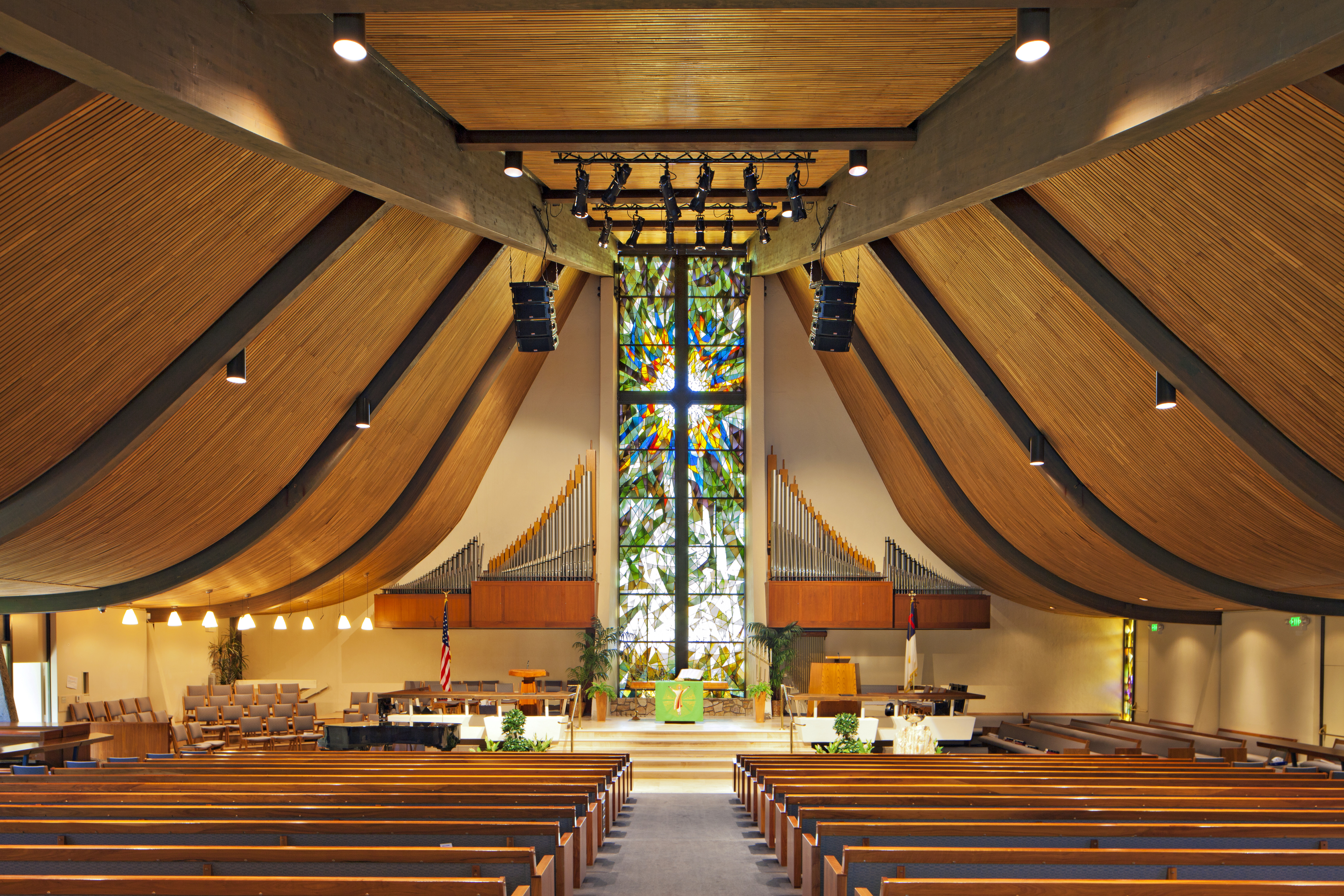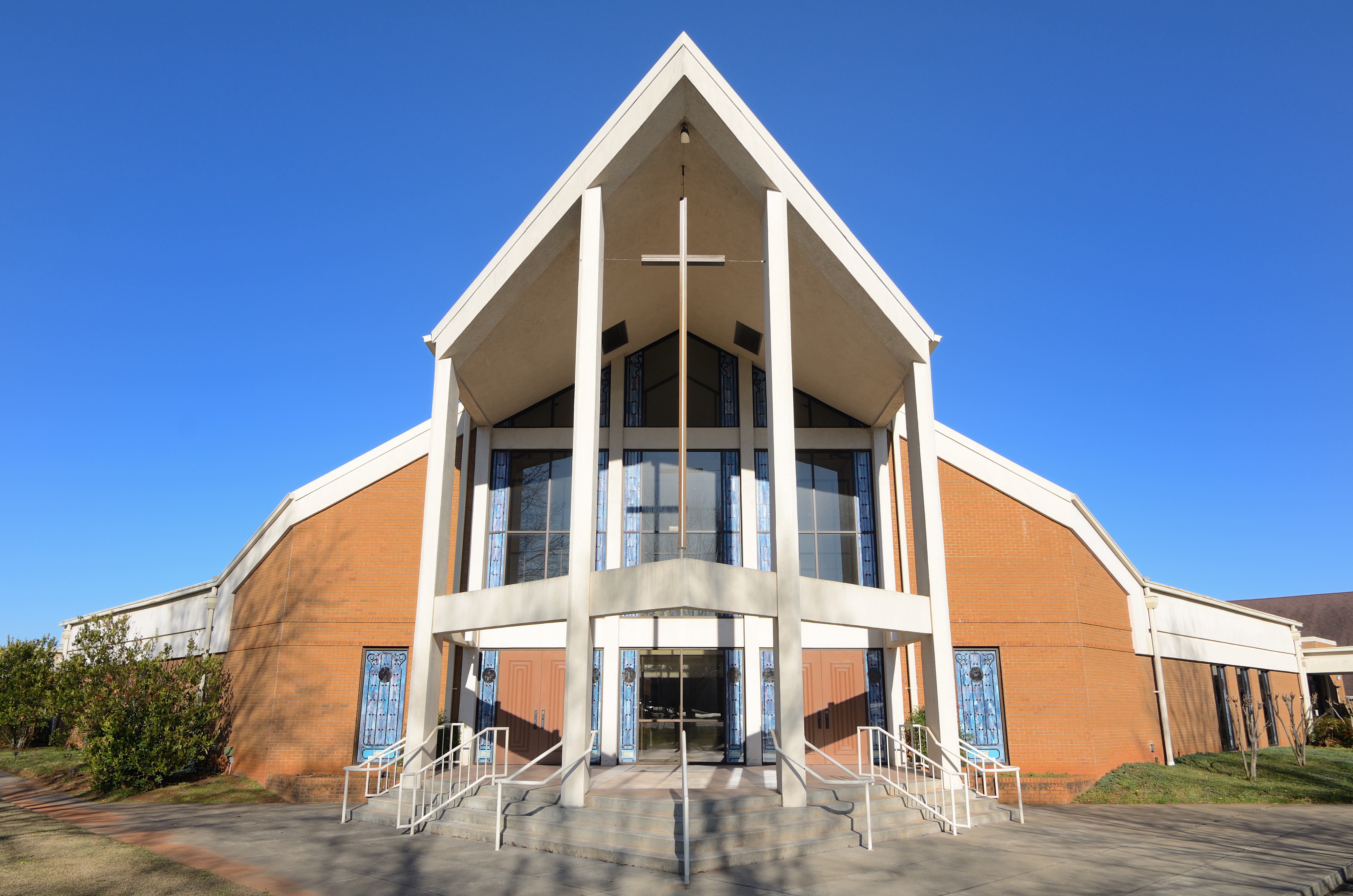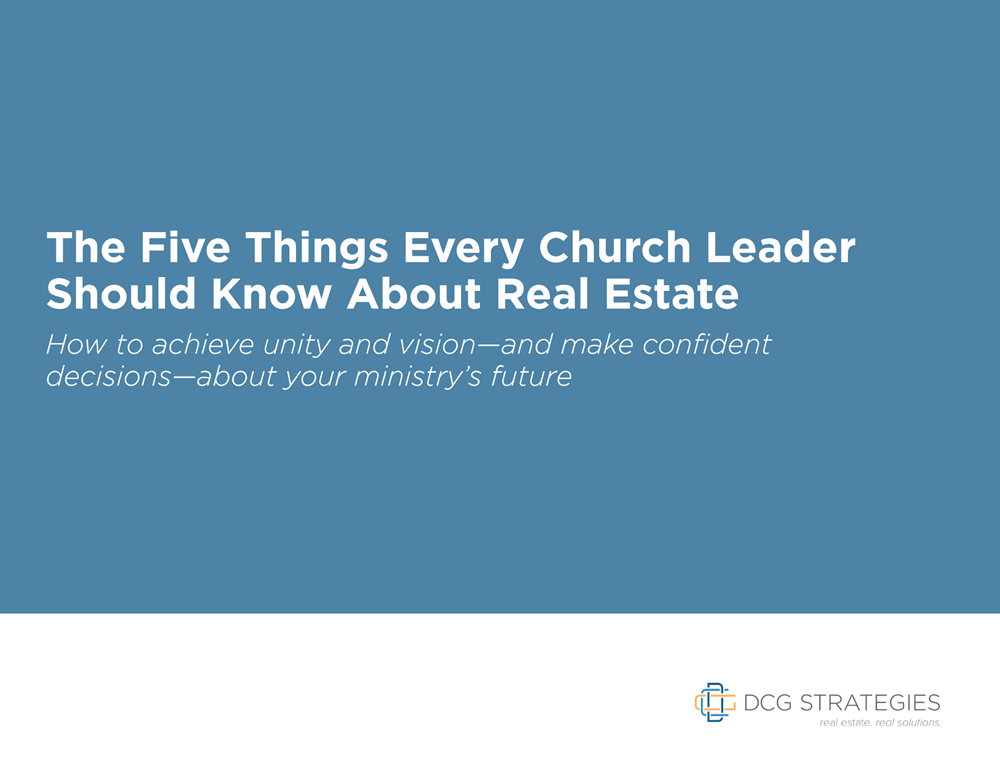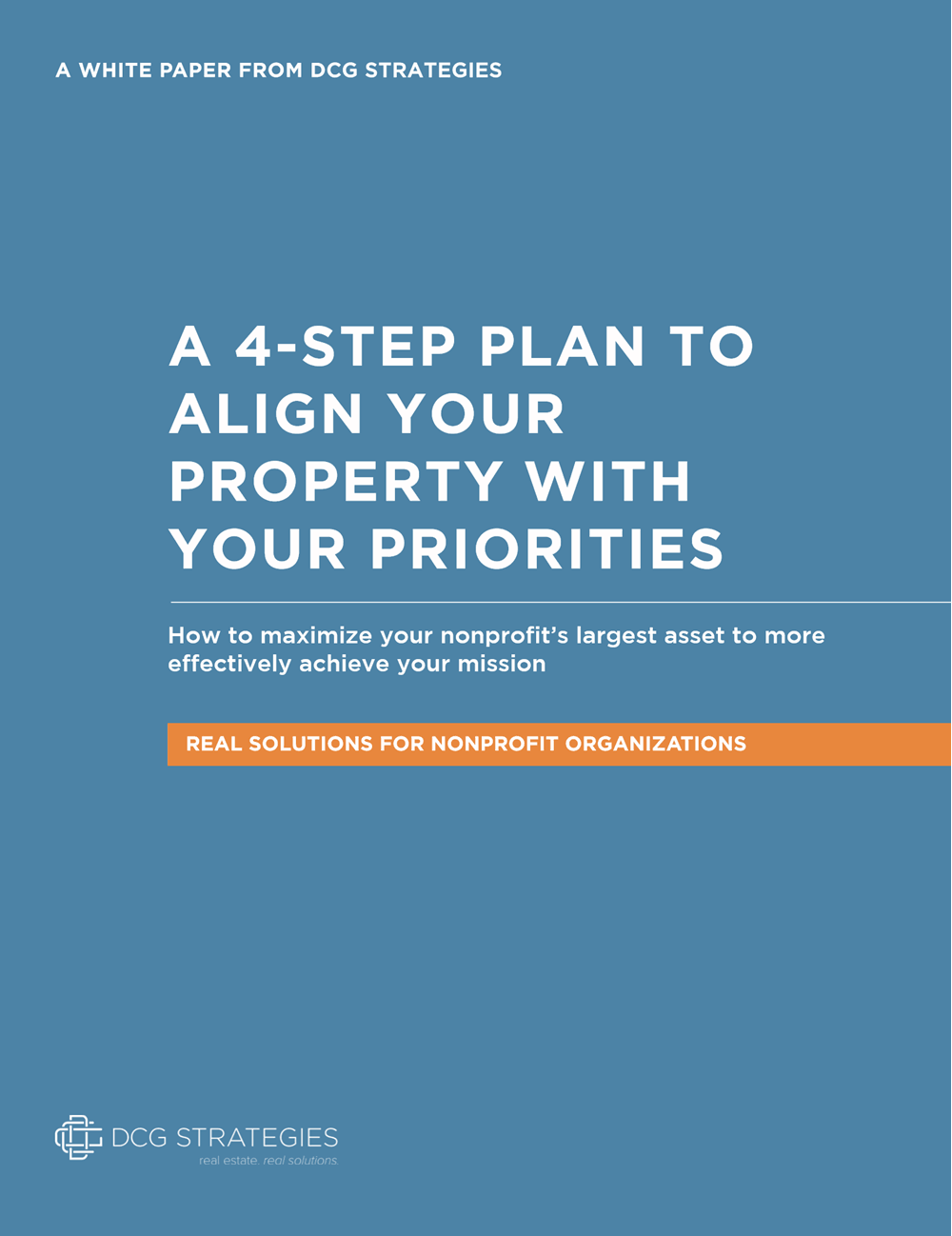Why Focus on Selling a Church Property?
Church communities ebb and flow as their surroundings change, and some even find themselves in the position of selling a church. Matching a church’s need for space with the right building is an ever-evolving challenge.
Maybe a young church is growing rapidly and needs to move into a larger space; maybe a church with a decades-old building has found its upkeep is becoming a burden. Either case is an opportunity, suggests Landis Graden, CEO and founder of DCG Strategies to help navigate selling a church property while focusing on the health of your ministry. Even if your church’s membership is declining and the idea of parting with a beloved building seems difficult, Graden says “this is the time you should feel most hopeful, not fearful.”
It’s important to remember that while a church building can act as a congregation’s home, it’s not the most important thing; the community and its mission are what matters most. Think of your church’s real estate assets like any other resource. Are all of your resources focused on service? Selling a church building can allow you to focus on — and potentially fund — your goals.

Research Before Selling a Church Property
The number one thing to do before selling your church and putting up a “for sale” sign is to do your research. The California real estate market is unusually competitive, and good stewardship means learning about your surroundings to help you make the best decisions for your church. According to Graden, “Churches need to know what their options are so they have a better understanding of value and risk.” He says taking the time to explore opportunities for enhancement can pay off. Larger church properties that are good candidates for residential
development, for example, should consider seeking approval for residential zoning before a sale. The process can take time, but it can substantially increase the property’s value.
In addition to maximizing profits for future church use, keep in mind that you can use the sale of your property to influence the community. When the Sisters of the Holy Family sold part of their Fremont, CA property to Robson Homes in 2014, they stipulated the developer build affordable housing. In 2017, a plan was approved for a 59-unit apartment building on Fremont Boulevard with 25 units reserved for homeless veterans. This isn’t a new trend, but it’s rapidly gaining popularity as churches respond to their communities’ needs. Other religious organizations and churches have passed their buildings on to schools, community centers and other nonprofits.

Whether the goal is to support affordable housing development or just to find a more financially responsible space for your congregation, know that selling a church building can be the beginning of a rewarding journey. Just remember, as Graden implores, to “bring the excited faith to that process.”
To learn more about options for selling a church building for the benefit of your congregation and community, contact the experts at DCG Strategies for a consultation.






